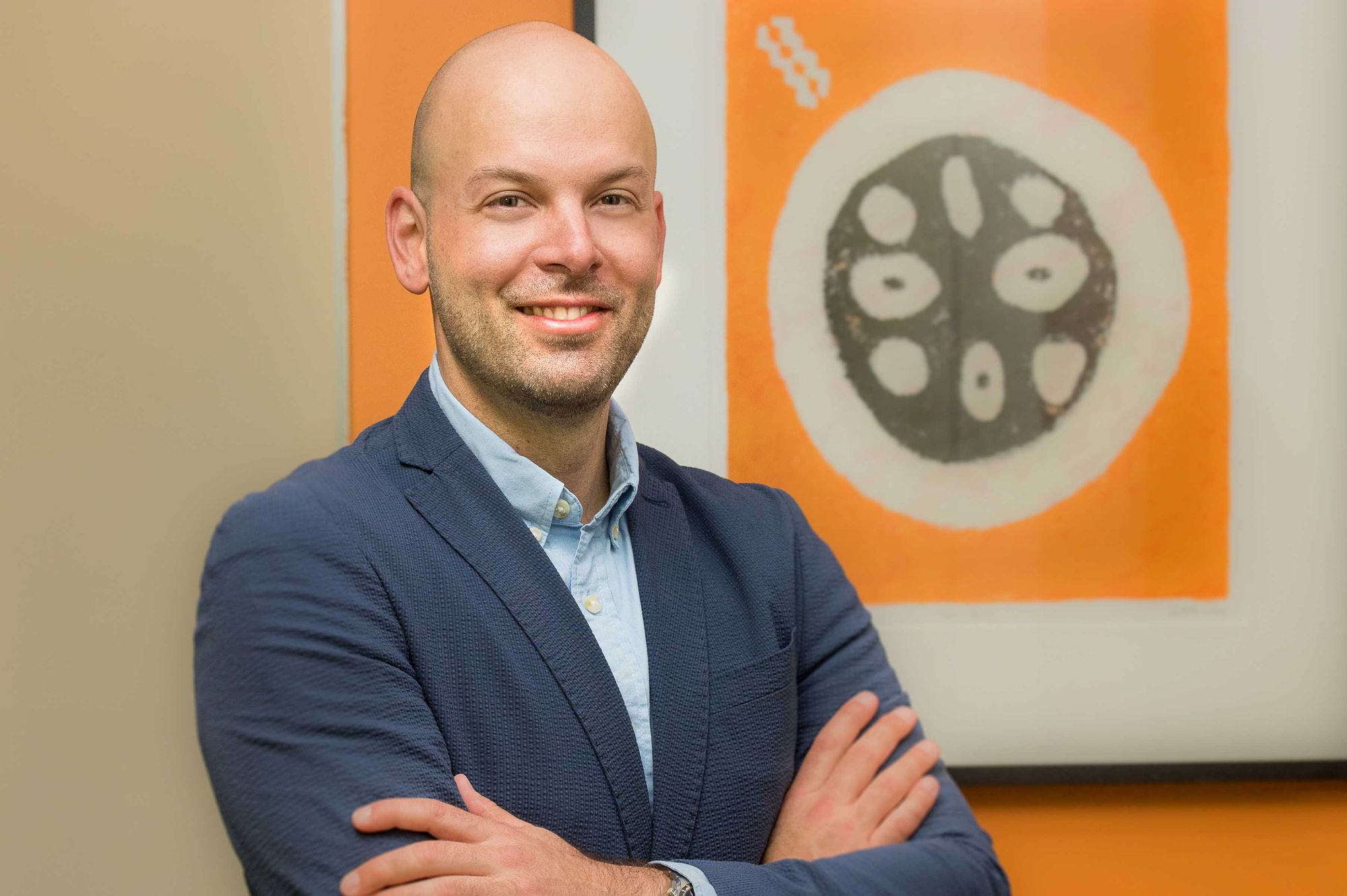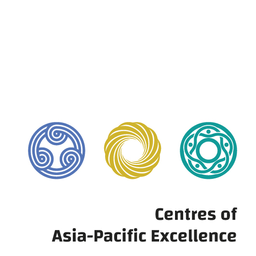“We’re ready to help”: How academics can boost international business with interesting research
For International Business research to benefit society, academics and businesses must connect and work together, says Professor Snejina Michailova. An important step, she says, is to make International Business research more ‘interesting’.

The Context
-
Business academics face more expectation than most to make their research relevant to business and the economy. International Business academics especially grapple with ways to make their work impactful, for example by tackling issues of culture and big global challenges.
-
‘Why don’t we start by making it more interesting,’ says Professor Snejina Michailova, Professor of International Business and Associate Dean (Research) at the University of Auckland Business School. She brings academic as well as practical insight to that rhetorical question.
-
Professor Michailova identifies three ways to make International Business research more interesting: make the context stronger and more explicit, emphasise the value of language, and explore variations within cultures that affect international business.
-
These strategies are detailed in the paper How can research on culture in international business be made more interesting? which Professor Michailova authored with Nigel J. Holden, a management researcher and educator.
What makes something ‘interesting’? Like beauty, at least part of the answer lies in the eye of the beholder. The conundrum is that what catches the eye of academics might cause the eyes of business people to glaze over. But Professor Michailova has more faith in her discipline than that.
As an experienced professor with many awards for her work, including for “the best paper that challenges prevailing orthodoxy” at an International Business conference and a “That’s interesting” award at an Innovation conference, Michailova has a strong vision for how scholars can raise the eyebrows of readers and cause them to read on, especially when it comes to culture, a central concept in International Business research. As she describes in her paper, if research is more interesting, it can motivate action and lead people to change not only their beliefs but also their behaviours. Three ingredients for this, she suggests, involve context, language, and intracultural variation.
Context is everything
“By placing something in context, we talk or think about making a connection between whatever we are looking at and what surrounds it,” Professor Michailova says of the first way to make International Business research interesting.
“We can’t usefully study something on its own without it being contextualised.”
International Business research depends on understanding different contexts—be it cultural, geographical, institutional, social, linguistic or political. And as the paper notes, studying context helps ensure that insights are authentic and trustworthy. And actionable.
Multinational businesses especially stand to gain from research findings that are tied firmly to their context.
“When multinational businesses cross borders, they cross contexts. If they don’t invest the time and effort to understand these contexts, they might not be able to successfully operate, or they might make costly or even devastating mistakes.”
The invaluable lessons of language
The second ingredient of interestingness is language. Just as businesses can enrich their customer relationships through learning local languages, a focus on language can dial up the ‘interesting’ factor of research. This is because learning a language is about more than finding the words to do business, it’s also about understanding who you are doing business with, and about knowledge transfer across borders.
“By studying the language—whether you realise it or not—you actually study the culture.”
Professor Michailova also points out that while a language’s grammar can tell you a lot about a culture, so do humour, irony or sarcasm, which all provide cultural clues.
Admittedly, while language is a strategic tool, mastering every country’s language is impossible. Yet Professor Michailova observes that local people greatly appreciate when someone who doesn’t speak their language at least tries.
“If a business entering a new country doesn’t have the language ability or the language proficiency, they will need to rely on translators or interpreters who hopefully understand both cultures,” adds Professor Michailova.
A deeper dive into culture
Looking at differences within a culture is a third pathway to interestingness, says Professor Michailova.
“When we talk about culture, we usually talk about one kind of culture in one country,” she says. “But within that country, you can find differences in how people think, what their attitudes are, how they behave. You don’t leave it at the overall culture of that country—you’re basically going one layer down where there is quite a bit of variation within the same cultural umbrella.”
The multiple layers of culture include ethnic, generational, language-based, profession-based or socio-demographic dimensions.
These intracultural variations, Professor Michailova suggests, affect multinational business management in significant ways, such as in implementation of organisational and governmental policies, innovation techniques, and how businesses manage intergroup conflict and labour disputes across countries.
Understanding intracultural variation also helps businesses connect with their target audience or customers.
A New Zealand business in Japan, for instance, might want to know the ways in which Generation Z consumers in these two distinct countries could have more in common than Generation Z and boomers in the same country.
Making it interesting in the Asia-Pacific
For the Asia-Pacific region in particular, Professor Michailova would like to see more International Business research stemming from local and Indigenous knowledge, as the field is still dominated by North American paradigms, vocabulary and methods. “There’s so much insight, knowledge and wisdom in Indigenous thought in our region that we should bring to the surface,” she says.
“We should focus on specific issues in our region so we can make our research questions, methodologies and analyses context-embedded, context-specific and/or context-sensitive. That way, we can contribute to International Business scholarship within and beyond the region.”

Two-way streets connecting business with academia
Yet for even the most interesting International Business research to benefit society, academics and businesses must find ways to connect with each other and work together.
“I genuinely think that as researchers, we have a responsibility to give back to society, but we also need businesses to be welcoming of research,” says Professor Michailova.
Particularly in New Zealand, she has observed a few misconceptions that businesses have about research. She found that some businesses feel intimidated by research, while others believe that talking to academics equates to using abstract language. But academics and businesses can and do get beyond this, she argues. “We can actually translate a high level of academic language into easily digestible language,” she says, boiling the challenge down to essential tasks:
“We try to understand what the problem really is and then we work with the data to develop solutions that are tailored for businesses.”
Another issue might simply be that businesses are unaware of the wealth of knowledge and research that exists in New Zealand universities. “It needs to be a two-way street,” Professor Michailova says.
“The only way forward is for us as researchers to continue communicating our knowledge, and for businesses to rely on and use our knowledge because it is actionable knowledge that has been validated through rigorous peer reviews. We have the knowledge, we can contribute and we’re ready to help, so take the help. Don’t rely on misconceptions about academic research and don’t dismiss or reject the knowledge we can offer.
Thanks for reading! We'd love to hear from you!
* Quotes in this article may have been edited for clarity and brevity. The views expressed in this article do not necessarily represent the views of the Centres of Asia-Pacific Excellence.
Read more about International Business research






